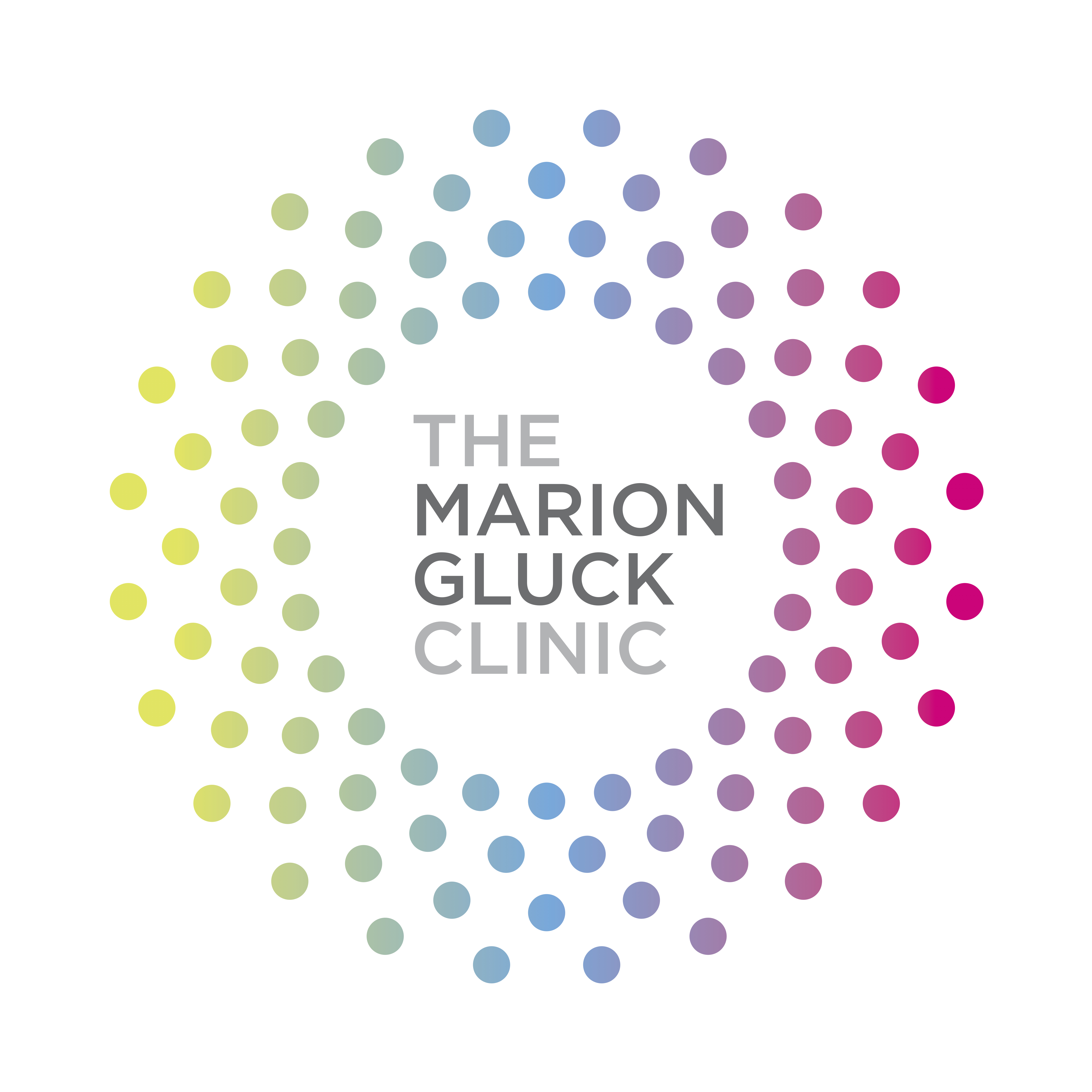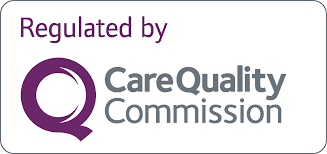The Estrobolome: How The Gut Impacts Oestrogen Levels
We tend to think of reproductive and digestive systems as separate, but the more we’ve learnt about the microbiome, the more we’ve understood that gut health affects everything.
Research shows there’s a major link between what we put in our mouths and what happens to our hormones.
What Is estrobolome?
How much oestrogen circulates in your system actually depends partly on a collection of gut bacteria called the estrobolome.
Oestrogen circulates around the body until it ends up in the liver, where it is metabolised and packaged and sent to the gut. In the gut, oestrogen is either excreted or reabsorbed and recirculated throughout your body.
What is beta-glucuronidase?
When the gut microbiome is balanced and healthy, the estrobolome maintains a good oestrogen balance in the body. But when the estrobolome balance is off and there are too many unfriendly bacteria, the production of an enzyme called beta-glucuronidase can be too high.
Beta-glucuronidase changes the oestrogen metabolites back into an active form that can be reabsorbed back into circulation — basically reversing the normal process of detoxification and resulting in more reabsorption of free oestrogens, as well as oestrogen-producing environmental chemicals.
This leads straight to the territory of oestrogen dominance, which can cause:
Bloating
Breast swelling and tenderness
Increased premenstrual syndrome (PMS)
Mood swings
Headaches
Anxiety and panic attacks
Weight gain
Hair loss
Insomnia
Worse still, these oestrogens are typically different from the original oestrogens. That’s why oestrogen dominance caused by an unhappy gut is particularly problematic.
These oestrogens might stimulate cell growth in breast tissue or elsewhere in the body, potentially contributing to problems such as:
Endometriosis
Obesity
Cardiovascular disease
Osteoporosis
PCOS
Breast, endometrial, cervical and ovarian cancers
What can affect your estrobolome?
When it comes to keeping the estrobolome healthy, there are some things that you should steer clear of.
1. Too many antibiotics
Antibiotics can kill off our good bacteria, leaving the way clear for unfriendly bacteria to overgrow. If you need to take antibiotics, consider taking a probiotic two hours afterwards to replenish levels of good gut bacteria.
2. The birth control pill
The pill does a number of things to the gut. It can:
Alter the gut microbes
Induce inflammation in the gut
Impair nutrient absorption
The synthetic oestrogen in oral contraceptives disrupts the delicate balance of the estrobolome, ultimately altering the health of the gastrointestinal system.
3. Endocrine disruptors
Endocrine disruptors are chemicals like:
Bisphenol A (BPA)
Parabens
Phthalates that mimic or block hormones
BPA, parabens, and phthalates are found in many plastics, soaps, food packaging, and household cleaners. Unfortunately, many manufacturers largely replaced BPA with bisphenol S (BPS), which researchers are finding is just as problematic for our health as BPA.
Other major sources of xenohormones are personal care products like skincare, makeup, and hair and body wash. And even tiny amounts of some chemicals used in everyday products can have huge impacts.
4. Too much saturated fat
Research shows that people who eat a higher amount of saturated fat have higher beta-glucuronidase enzyme activity in the gut.
How to keep the estrobolome healthy
The good news is that simple diet and lifestyle measures can positively change the estrobolome.
Things that help keep your estrobolome healthy are the following:
Supplemental probiotics
Supplemental probiotics, both multi-strain and specific strains, can have benefits for the estrobolome. Animal studies have shown that certain probiotics can affect testosterone and oestrogen levels.
Prebiotic foods
Eating prebiotic foods that are rich in fructo-oligosaccharides or inulin help to promote the growth of beneficial bacteria. These include chicory, asparagus, garlic, onions and banana.
Following a plant-based diet
Oranges, grapefruits and apples have the highest amounts of glucaric acid, which reduce circulating oestrogens. Plant-based foods are high in dietary fibre (think nuts, seeds, legumes, beans, and loads of veggies).
Perhaps most importantly, eat loads of cruciferous vegetables. Cruciferous veggies such as broccoli, cauliflower, cabbage, and kale are helpful in regulating beneficial gut bacteria, supplying fibre to keep the gut healthy and supporting healthy detoxification of hormones including oestrogen.
Treatment for high beta-glucuronidase
If you are suffering from symptoms of oestrogen dominance and think you could benefit from treatment, it’s important to get assessed.
At Hormones and You, we offer a short online consultation that helps to determine whether you would benefit from our bio-identical hormone creams that naturally rebalances hormones.






